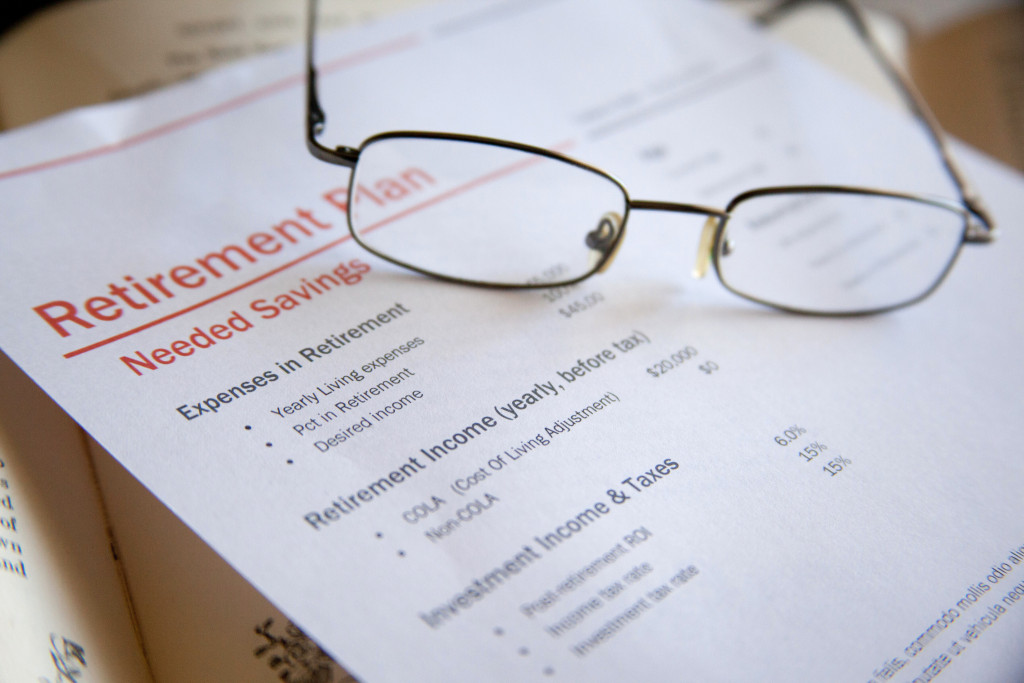
Like getting an education, beginning a career and starting a family, retirement is an important stage of life and one that should be planned for in order to get the best results. It is always a good idea to get professional advice from an expert like Keith Springer, but there are some general things that you should keep in mind as you think ahead to retirement.
You Are Never Too Young to Start Planning
From the perspective of your twenties or thirties, it may be hard to imagine that there will ever be a time when you are not working – it can be difficult to think past 40, let alone to imagine yourself at 60 or beyond. Perspectives and circumstances change, of course, but you are never too young to imagine the kind of life you want to have in your senior years and to begin thinking about how to make it happen. Are you interested in early retirement? Do you want to live on a tropical island? Do you expect to have a family to take into account of in your planning? The best part about thinking seriously about retirement when you are young is that you will benefit from the incredible power of compound interest to maximize your wealth with relatively small investments.
You Are Never Too Old to Start Planning
Maybe you never quite got around to really thinking about retirement until it was looming on the horizon. Or, maybe you were thinking about it but didn´t feel like you had any extra financial resources to sock away for retirement – between career and family obligations the budget was stretched tight already. Chances are though, as you enter your 50s, the heavy expenses that come with raising a family are mostly behind you, and have probably come close to your highest earning years. Don’t give into the “it’s too late to start saving now” mindset. Yes, it is better to start earlier, but it is definitely better to start late than never. And, there is a certain advantage in starting later – the questions that were open-ended when you were young are now mostly answered and you have a clear focus that can motivate you to save in a purposeful way.
Inflation Makes Savings Not Worth Saving
It is true that some of the safest investments (bank accounts, some bonds or T-bills) may be hard-pressed to keep up with inflation. However, the younger you start to make these sorts of investments, the longer you can “lock in” your money and the higher the rates you can expect. Riskier investments have the potential to bring higher payouts, but of course, the older you are, the less likely you are to want to take risks with your savings. But a carefully selected and diverse portfolio can go some way towards minimizing risk while maximizing returns. And some investments are more resilient against inflation than others – real estate, for example, is generally seen as a way to hedge against inflation. The bottom line is that fears about inflation should not be reason that you don’t save.
No matter how old you are, the time is right to think seriously about the life you want to have in your retirement and to begin planning today.


